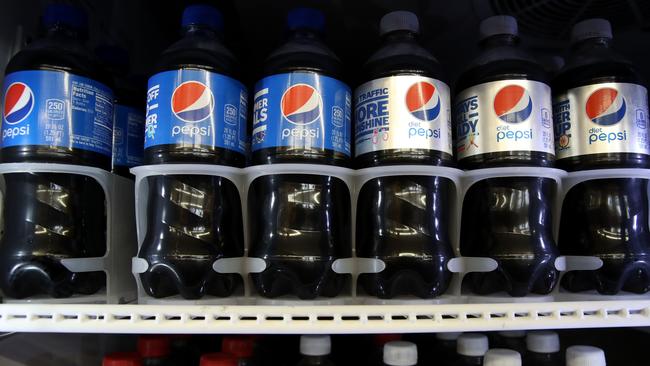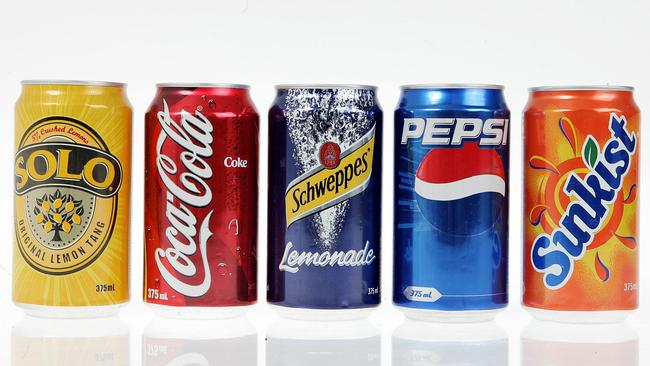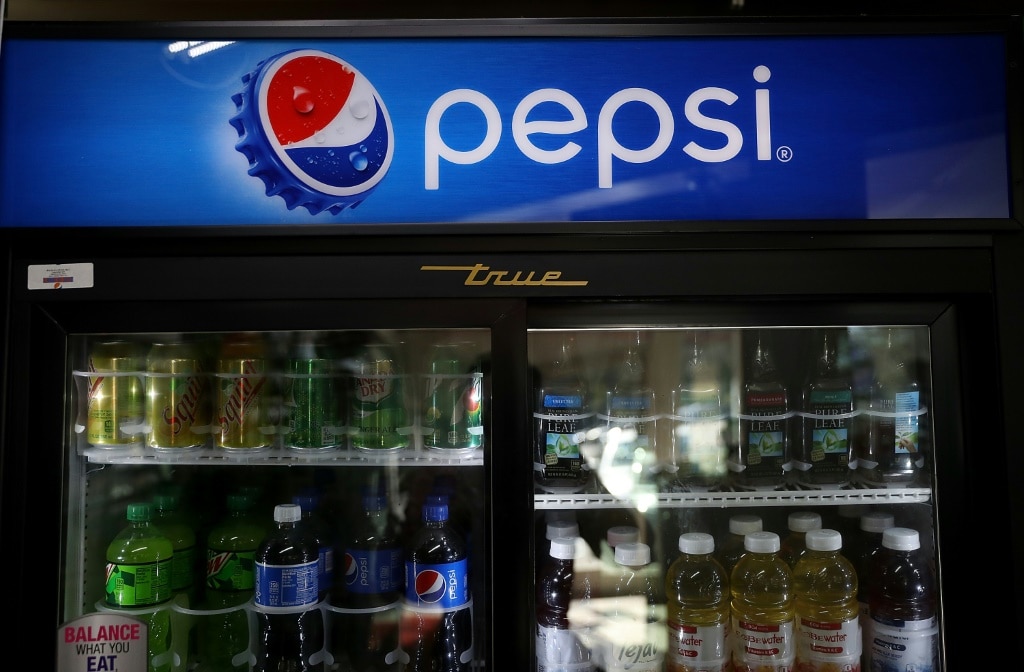Drinks giant PepsiCo to appeal landmark tax office ruling
The drinks giant will appeal a landmark Federal Court ruling, which last year found it was liable for royalty withholding tax.

Drinks giant PepsiCo will fight a recent Federal Court ruling declaring it was liable for royalty withholding tax, threatening the tax office’s recent landmark win amid a crackdown on multinationals.
A PepsiCo spokeswoman said the company will appeal the court’s decision, which was handed down in December by Judge Mark Moshinsky.
“PepsiCo is committed to complying with its tax obligations in every country. In this instance, PepsiCo respectfully disagreed with the conclusion reached by the Court, and therefore lodged an appeal,” she said.
It was the first time the Federal Court ruled on a diverted profits tax matter.
The Australian Taxation Office had previously welcomed the ruling, with deputy commissioner Rebecca Saint in December saying it supported their powers to counter tax avoidance.
“The Pepsi matter is a lead case for our strategy to target arrangements where royalty withholding tax should have been paid,” she said.
“Whilst there may still be more to play out in this matter, it sends strong signals to other businesses that have similar arrangements to review and consider their tax outcomes.
“This outcome was only possible after years of hard work by the talented and dedicated officers in the Tax Avoidance Taskforce.”

PepsiCo brought the case in 2022 in a bid to challenge royalty withholding tax notices and diverted profits tax assessments issued to them for the income years up to June 30, 2018 and June 30, 2019.
Justice Moshinsky concluded that after PepsiCo entered into an agreement with Schweppes Australia, which allowed PepsiCo to sell beverage concentrate to Schweppes along with the use of trademarks and other intellectual property.
The ATO’s case was that Schweppes made royalty payments to PepsiCo for bottling and distributing Pepsi and Mountain Dew soft drinks in Australia.
“In relation to the royalty withholding tax issue, I have concluded that the payments made by SAPL (Schweppes) under the (agreements) were, to some extent … for the use of, or the right to use, the relevant trademarks and other intellectual property,” Justice Moshinsky said.
“It follows from the above that the payments made by SAPL under the EBAs in the relevant years were, to an extent, “royalties” and PepsiCo and SVC are liable to pay royalty withholding tax at the rate of 5 per cent on those royalties.”
Justice Moshinsky also said he would have accepted the ATO’s alternative argument that if the royalty withholding tax did not apply, the diverted profits tax would have.
Diverted profits tax was designed to ensure the tax paid by large corporate entities properly reflects their level of economic activities in Australia. It aims to stop companies funnelling their profits offshore and imposes a 40 per cent penalty rate of tax to be paid upfront.
Justice Moshinsky concluded PepsiCo and Schweppes entered into a scheme to obtain a tax benefit.
“Namely (the tax benefit was) not being liable to pay Australian royalty withholding tax … and to reduce foreign tax (namely, US tax on their income),” he said.
PepsiCo lodged its notice of appeal with the Federal Court on Friday.







